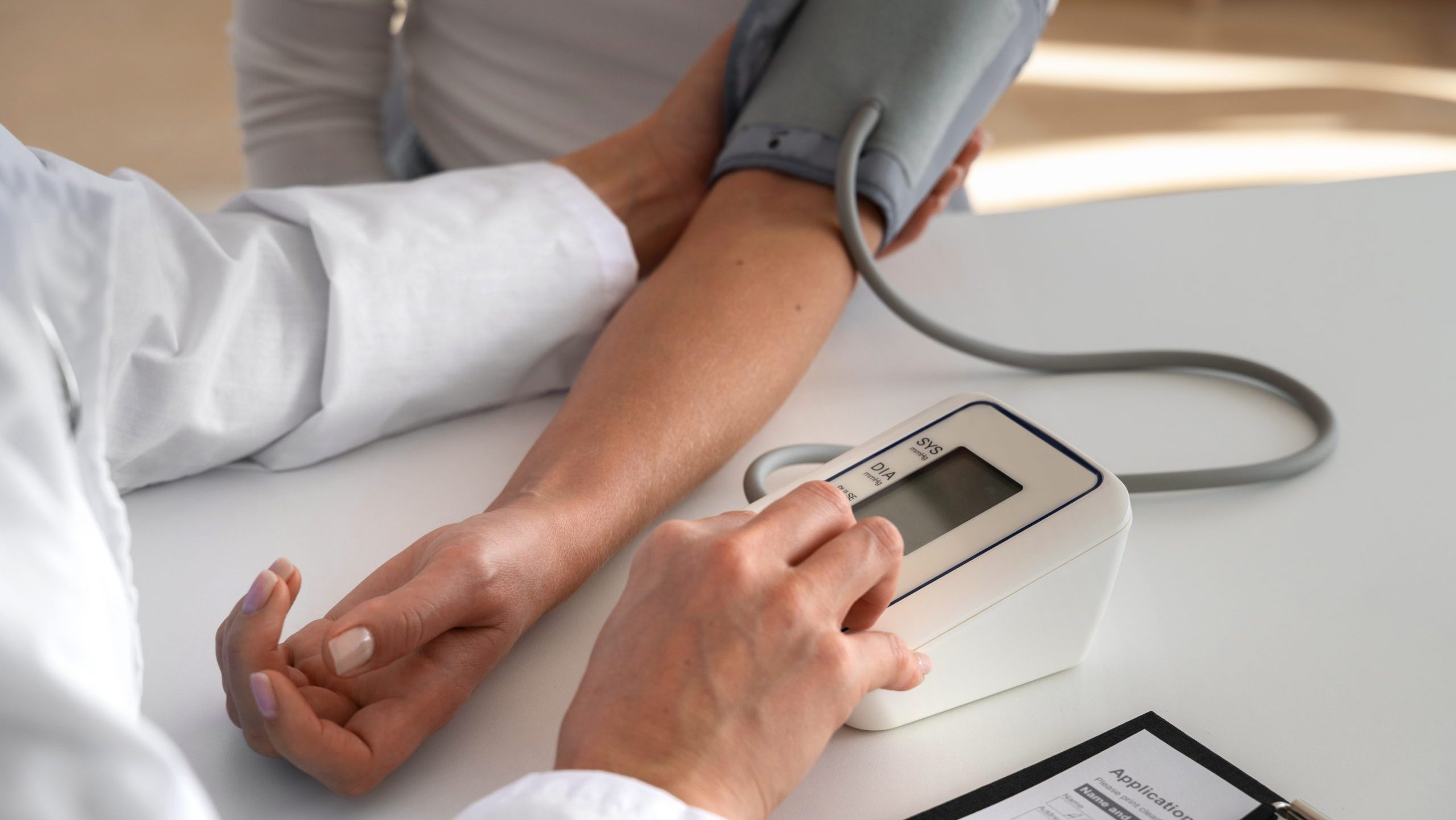SINGAPORE: In a significant revelation, medical experts found a link between high blood pressure and the risk of dementia.
An article published in the Journal of the American Medical Association in September underscores that individuals with uncontrolled hypertension are 42% more likely to develop dementia than others, the Straits Times reports. In stark contrast, those who effectively manage their blood pressure through medication are less likely to have dementia.
High blood pressure and dementia
The evidence linking uncontrolled high blood pressure and the risk of developing dementia is compelling, given the extensive research conducted. Dr Rachel Cheong, a consultant in geriatric medicine at Khoo Teck Puat Hospital, emphasizes the significance of these findings.
The article draws upon the results of 17 studies of 34,519 individuals. The participants, aged between 60 and 110, are from 15 countries, including Singapore. None of them displayed any signs of dementia at the beginning of the study period.
The study reveals a clear connection between the use of medication to lower high blood pressure and a reduced risk of developing dementia compared to individuals who leave their hypertension untreated. Significantly, this benefit applies to all seniors, regardless of their age.
The article concluded that “ongoing antihypertensive therapy throughout late life is an important part of dementia prevention”.
Role of high blood pressure medication in dementia prevention
Dr Lim Choon Pin, a cardiologist in the private sector at The Heart and Vascular Centre, emphasizes this research demonstrates the importance of maintaining good blood pressure control to prevent dementia.
Dr Lim notes that numerous prior studies have consistently shown that treating hypertension can significantly reduce the risk of vascular dementia and Alzheimer’s disease.
A well-established link exists between hypertension and the development of atherosclerosis (blocked blood vessels). Dr Lim explains that hypertension can damage small blood vessels that supply the brain over time. This damage can have profound consequences, especially if it affects the brain regions responsible for thinking and memory. Ultimately, this vascular damage may lead to the onset of dementia.
What is a healthy blood pressure?
The Ministry of Health provides clear guidelines for defining healthy blood pressure. According to MOH, a normal blood pressure reading is 130/85mmHg for individuals across all age groups.
Dr Lim adds further insight, suggesting that individuals aim to maintain their blood pressure below 140/90mmHg if they are below 80. For those aged 80 years or older, the target blood pressure is slightly relaxed at 150/90mmHg.
It’s essential to note that in cases where individuals have other medical conditions such as kidney diseases or heart diseases, healthcare professionals may recommend even lower target blood pressure readings.
Dr Lim emphasizes that high blood pressure has far-reaching consequences beyond its association with dementia. It significantly elevates an individual’s risk of cardiovascular diseases, including stroke and heart attack.
Although high blood pressure poses significant health risks, Dr Lim points out that low blood pressure, too, can pose problems.
Reduced blood flow to vital organs, particularly the brain, can lead to sensations of dizziness or drowsiness. This means it is important to note that maintaining blood pressure within a healthy and balanced range for optimal health and well-being.
According to the Alzheimer’s Society, checking your blood pressure regularly is crucial since many people with high blood pressure remain undiagnosed until a severe cardiac event.
How to lower your blood pressure
Here are things you can do to lower your blood pressure if it is too high, per Alzheimer’s Society.
- Get regular blood pressure checks.
- Lifestyle changes include weight management, regular exercise, a low salt diet, reducing caffeine and alcohol intake, and quitting smoking.
- Use blood pressure medication under healthcare supervision.
- Research for potential therapies aimed at slowing down or preventing vascular dementia.
- Always consult your doctor before making lifestyle changes or trying new medication.
Taking control of your blood pressure through regular monitoring, lifestyle modifications, and medical guidance can significantly reduce the risk of vascular dementia and contribute to your overall well-being./TISG
Common ‘Safe’ Supplements That Might Harm Your Heart, Warns Cardiologist

